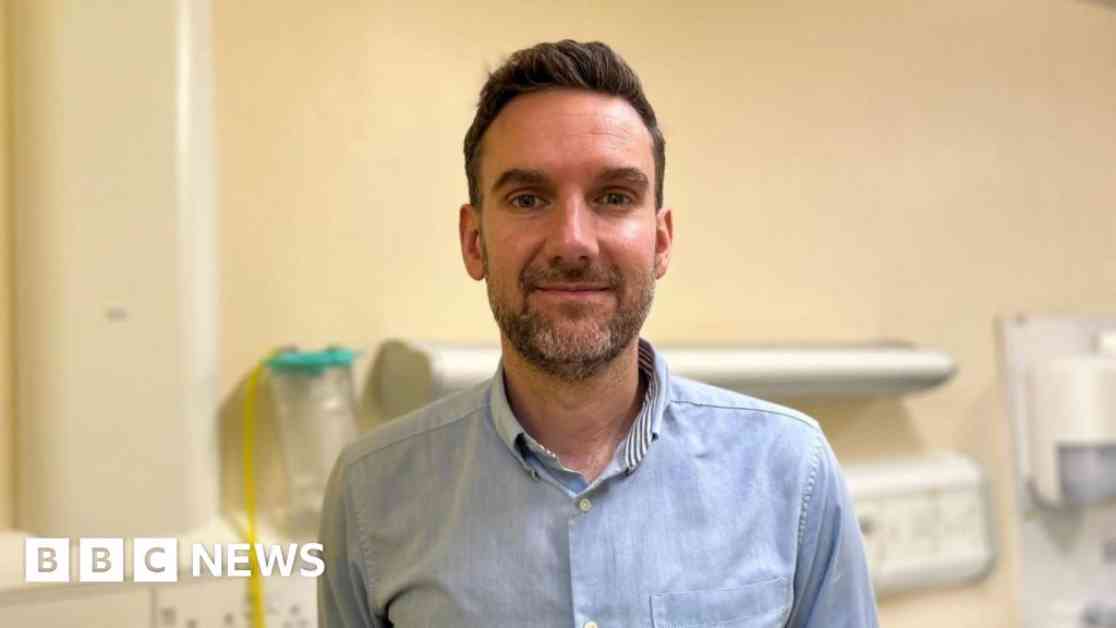Choosing Palliative Care Over Assisted Dying: A Doctor’s Perspective
Dr. Mike Blaber, a consultant in palliative care at Sandwell and West Birmingham NHS Trust, has sounded the alarm on the urgent need for more funding and attention to improve end-of-life care. As MPs across the country prepare to vote on a proposed bill this Friday, Dr. Blaber urges a critical examination of the current state of end-of-life care before considering the legalization of assisted dying.
The Call for Urgent Attention
Dr. Blaber emphasizes that the focus should be on fixing the existing gaps in end-of-life care rather than expanding choices through assisted dying legislation. He highlights the lack of access to excellent palliative care as a key issue that must be addressed before any further steps are taken. Palliative care, a branch of medicine dedicated to alleviating pain and enhancing the quality of life for terminally ill patients, can profoundly impact patients and their families in positive ways.
The Risks of Legalizing Assisted Dying
Expressing his opposition to legalizing assisted dying, Dr. Blaber warns of the potential consequences for vulnerable patients without adequate palliative care options. He raises concerns about patients feeling pressured to consider ending their lives if they do not have access to quality palliative care. Dr. Blaber’s stance is supported by St Giles Hospice in Lichfield, Staffordshire, which has faced financial challenges leading to bed closures and staff cuts, echoing the wider struggles within the sector.
The Funding Crisis in Hospice Care
Hospices like St Giles and Birmingham Hospice are grappling with significant budget shortfalls, despite the growing demand for their services. Elinor Eustace, CEO of St Giles Hospice, stresses the necessity of sustainable funding to ensure that everyone in need of end-of-life care receives the support they require. The dire financial situation of many hospices across the country has prompted calls for greater investment and emergency funding to meet the escalating demand for high-quality end-of-life and palliative care.
As the debate on assisted dying legislation unfolds, the spotlight is on the critical need for long-term funding solutions to safeguard hospice care services. Dr. Blaber’s poignant reminder that caring for the terminally ill is a privilege, not a burden, underscores the urgency of prioritizing comprehensive and compassionate end-of-life care for all those in need.

















